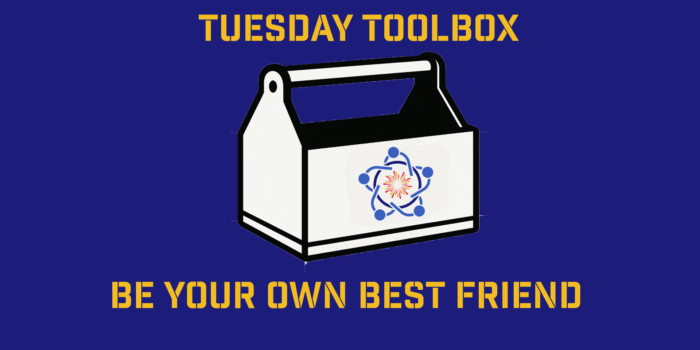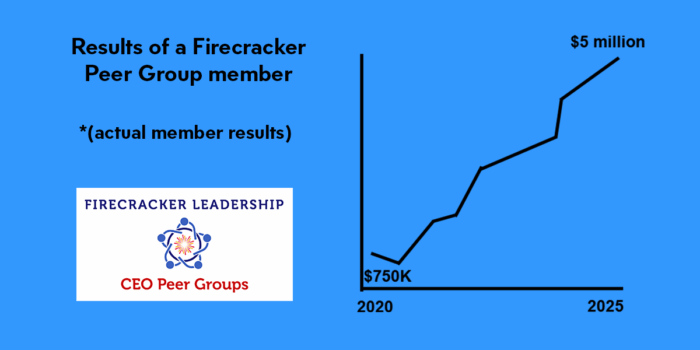You have a goal. A worthwhile, important, life-changing goal.
So you work hard. You stay focused. You create a process designed to give you the best chance to succeed.
In short, you need to stay the course.
But only to a point.
According to a 2020 study published in Proceedings of the National Academic of Sciences, one attribute specifically predicts how effective you will be at pursuing your goals.
That attribute? Possessing a strategic mindset.
As the researchers write:
[Success] requires less routine deployment of well-learned skills and more “thinking through” and “figuring out” of challenging new problems. Indeed, the pursuit of any challenging goal often involves actively analyzing tasks and then planning, self-monitoring, and revising strategies.
Such strategic behaviors are typically referred to as “metacognitive strategies,” because they require taking a perspective on oneself and one’s tactics.
Or in simple terms, constantly revising and adapting and refining your approach to achieving a goal.
How to Develop a Strategic Mindset
Sounds good, but how?
There’s a process. The key is to regularly ask yourself six basic questions — all focused on your emotions — as you pursue a goal:
- Feel like you’re struggling more than you should? Take a step back and ask yourself, “What are things I can do to help myself?”
- Feel like you’ve hit a plateau? Ask yourself, “Is there a better way of doing this?”
- Feel frustrated with how difficult progress seems? Ask yourself, “How can I do this better?”
- Feel challenged? Ask yourself, “What are things I can do to make myself better at this?”
- Feel intimidated? Ask yourself, “What can I do to help myself?”
- Feel like it’s always going to be too hard? Ask yourself, “What can I do to get better at this?”
Granted, the six questions seem repetitive.
Which is basically the point: The researchers found that the more often participants asked themselves those questions, the more likely they were to succeed — regardless of the nature of the goal.
As the researchers write:
… the more people reported employing such strategic behavior during goal pursuit, the more progress they actually made toward achieving their goals across different domains of life. These included students’ college grade point averages, adults’ professional, educational, health, and fitness goals, and performance on a novel task.
So feel free to mix and match — and to use your emotions to help, not hinder you. The specific question that you ask yourself is far less important than whether you use those moments of reflection to experiment, tweak, explore, and consistently work to optimize your approach.
So don’t just settle on something you hope will work. Learn from what does work, adapt when something doesn’t work… and stay the course in a different way:
By refusing to stop looking for an even better way.



